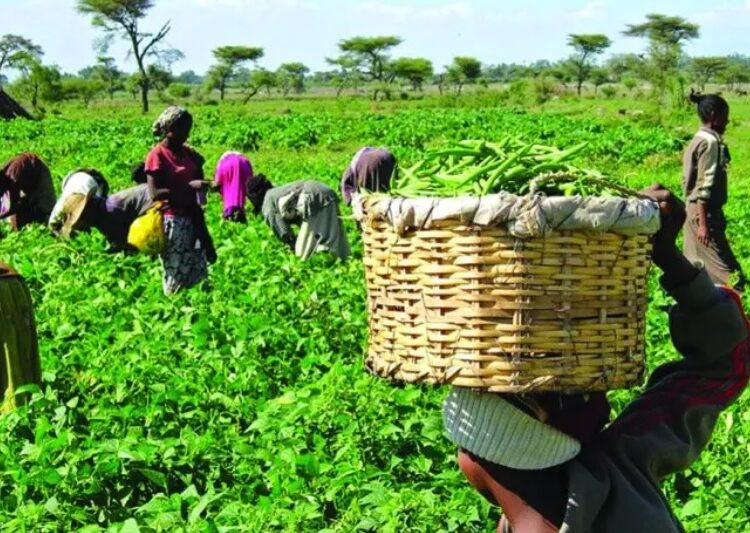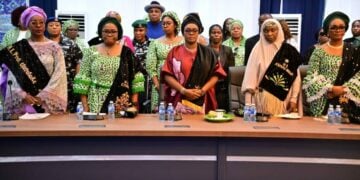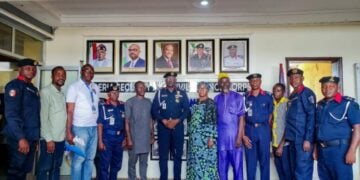Nigerian women farmers under the National Women for Agricultural Progress (NWAP) have demanded more representation and participation in policy making processes of the agricultural sector.
They argued that Nigerian women make up 70-80 per cent of the agricultural workforce in the country and should not be left behind in the critical aspect of agricultural decisions towards food security.
They also called for more access to credit, farm inputs, modern technology, and gender-sensitive programmes to enhance their productivity and food security.
Prof Faith Ibrahim of the Department of Agricultural Economics, Federal University of Technology, Minna, Niger State, in her key note address during the inauguration of the first state coordinators of NWAP in Abuja yesterday, called on the government to address the issues of gender inequality that affect the majority of Nigerian women farmers.
She said that women farmers faced discrimination in accessing land, market opportunities, credit, and other resources and were often sidelined in capacity building, skills acquisition and knowledge sharing.
Speaking further on the 2024 International Women‘s Day with the theme, „Inspire Inclusion, #LeaveNoWomanBehind“, Prof Faith Ibrahim said NWAP wanted to see more women farmers involved in the export of their produce and more financial inclusion for women farmers through single-digit interest rates and grants.
She said, „Today they‘re calling the government out in areas of gender inequality, as it affects the generality of Nigerian women farmers, they want their voices to be amplified in the areas where there are challenges concerning gender discrimination, inclusion of women at various levels of governance. Women have a great gift of potentials within them, especially women farmers, and the government has a role to unlock this potential by standing up being a voice for women working against every form of gender discrimination. They should also empower these women to meet their full potential“.
In her remarks, NWAP national coordinator, Omolara Svensson, charged the newly inaugurated state coordinators to foster inclusivity in the distribution of inputs to farmers in their state.





